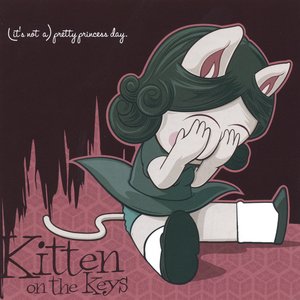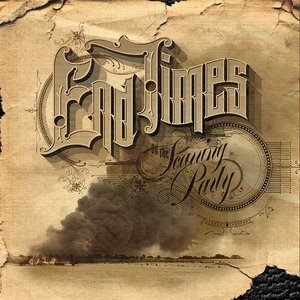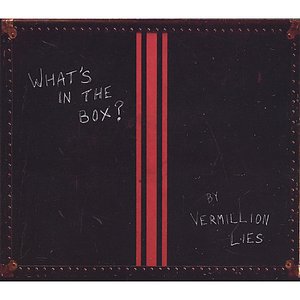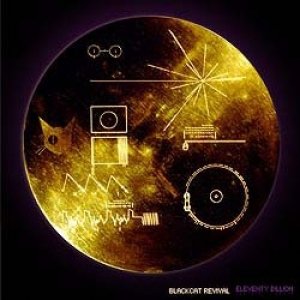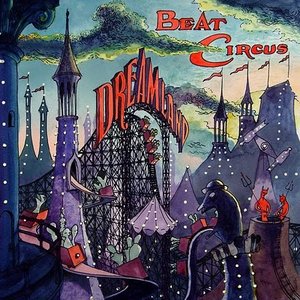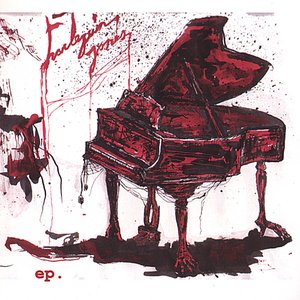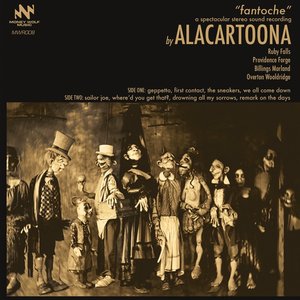Wiki
-
Release Date
31 December 2005
-
Length
13 tracks
The difficulty with cabaret is its inability to leave its shadowy birthplaces without losing everything that makes it powerful. The sexual overconfidence and half-malevolent zaniness that make for a phantasmagoric night out drip from home speakers as smug nothings: nightmares are made banal and vocalists do desperate calisthenics as the audience fades. To bring this stuff into the light without letting it wither requires a sure hand and a careful spirit, and neither blend too happily with the voracious chaos of the genre; real theatricality can no more be pressed to vinyl than written pages can be stuffed through a projector. Portland outfit Sophe Lux is wise enough not to try such things and inventive enough to find the alternatives.
To be sure, this is a band infatuated with burlesque: Gwynneth Haynes squeals and chirps and affects accents not her own; there's lots of talk of witches and India and Rainer Rilke's girlfriend; a song called "Marie Antoinette Robot 2073" is playfully subtitled "(A Rock Opera)" despite not quite being one. But every deliberate quirk is expertly supported by the rest of the band: while Haynes creeps her way through the first movement of "Marie Antoinette," taking her time with odd syllables, her band weaves a cradle to support the listener through the operatics to come; the perfect "Lonely Girl" rides on a stutter and a synthesizer, thickening when it must and allowing Haynes to leap atop things when it suits her.
Haynes isn't a weak vocalist saved by a good band. Her burlesque vagaries are as well-chosen as her moments of seriousness, and when she slows down—as on "Time of Light," a two-minute interlude that turns a parody of a torch song into a real one—it's clear that this isn't a girl getting by on a gimmick; her voice is full and tangible, and stays interesting even when Waking the Mystics' second half sees Haynes shed her cabaret chameleonism for something approaching nakedness. The six minutes of obligatory topical track "President" see its charm slowly dismembered, but the delicately swinging "God Doesn't Take American Express" is every bit the centerpiece it wants to be, as well as a real rock opera: Haynes skips up stage-show platforms, pauses for a moment to intone the almost-ludicrous title phrase, and signals for the carefully following band to rattle out a coda before cutting them off with a merciless sense of how much is good for us. Here it all comes together: humility and personality, honesty and showmanship, an adult's sense of drama and a child's appetite for it.
Not all of Waking the Mystics dovetails so perfectly, but nowhere are its weaknesses unleavened—overserious librettos ("Lou Salome") are made irrelevant by solid melodies; shambling orchestrations ("Stella") are hollowed and inhabited by Haynes' slippery voice. This is so enjoyable a record that it's difficult at first to notice its greatest accomplishment: the way it gathers from carnivals, cabarets, and the band's own live show a hundred darkling pleasures and carries them gently into the light; the way it cradles them, singes them, loses a little, gains a little more. It isn't a matter of how much of a dream is preserved, but of how well, and of how sumptuously the rest is recalled.
Theon Weber
Album descriptions on Last.fm are editable by everyone. Feel free to contribute!
All user-contributed text on this page is available under the Creative Commons Attribution-ShareAlike License; additional terms may apply.

